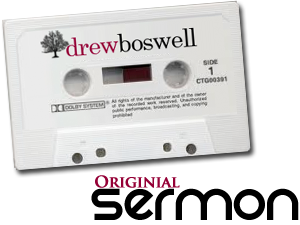
More than 3000 years ago the wealthiest man in the world went on a journey to try everything. He was a man of intelligence, wisdom, respect, admiration, power and influence. His name was Solomon and he was a leader of leaders. In the book of Ecclesiastes Solomon writes about the futility of life (don’t worry his view point changes). Ecclesiastes 7:24, “How can anyone discover the meaning of life?” At some point every one of us will have to answer this question. “Why am I here?” “What is the meaning of life?” Join us for this series and discover that even though the world around us is dark, a relationship with Jesus changes everything.

